4G AND THE COMING DISCONTINUITY
Many users of mobile devices, I suspect, would have a hard time explaining the difference between 4G and 3G, even if they’ve already put 4G phones on their shopping lists. The rollout of new product versions can be downright dizzying for consumers.
The PAP’s introduction of its fourth generation leadership through the upcoming General Elections may be no less perplexing. Is PAP 4G a major upgrade or a routine enhancement? After all, this is not the first GE that’s been a labelled a “watershed” election. It’s not even the second or third. The PAP does GEs like Steve Jobs does Macworlds. Despite their regularity, each is pitched as an event of millennial significance: This is The Next Big Thing, we are told.
This year, though, I don’t just buy the “watershed” hype. I actually think the ruling party may be understating how big 4G is. This is going to be a paradigm shift… a game changer – insert your own cliché here, and you would be right.
This is only partly because the new generation of PAP leaders will have to forge their own bonds with a younger generation of Singaporeans. “They have different impulses, different ideas, different experiences,” said the prime minister of young voters. “Our duty is to make the party and its leadership relevant to this growing generation, sensitive to their aspirations and capable of mobilising them behind the steps that must be taken to make Singapore a better place for all.”
Addressing Singaporean electorate, he said, “You have got to know this young team, they have got to know you and you’ve all got to jell and build on what we have built…. And you have got seven to eight years to learn how to build up that team spirit – a Singaporean society that really cares for each other, not the kind of election slogans they give at these rallies.”
These statements would not be out of place in the current campaign. But they are actually three decades old. The first quote is from PM Lee Kuan Yew’s speech to the PAP Conference in 1982, the second from his Fullerton rally in the 1980 GE.
Changing voters, changing Establishment
Self-renewal has been the leitmotif of the PAP’s election messages for decades. This is not just in recognition of leaders’ advancing age, but also an acknowledgement that the electorate keeps changing from GE to GE: it gets more educated, more demanding and more desirous of citizen participation and government accountability. In most GEs over the past three decades, the polls have been framed as a watershed moment for inducting and establishing a new generation of leaders who will form a new compact with the new generation of Singaporeans.
So standard is the “watershed” line that it may have lost its effect. Yet, it has never been more apt as it is now in 2011. Like every election, this one is an opportunity to recast the relationship between state and society. In addition, however, the 4G leaders will find themselves facing a radically changing establishment.
In post-LKY Singapore, I predict Singapore’s elite will fracture, requiring of its leaders political skills that have not been needed since independence.
As any number of political scientists will tell us, elite dynamics are at least as important as grassroots people power in shaping political change. Cracks and alternative nodes within an elite give opposing forces a toehold and leverage as they scramble for power.
Until now, Singapore’s elite has been uniquely cohesive. Even the Communist Party of China displays more open contestation, more jostling for power and more leaks than the PAP. Here, the monolithic establishment keeps any differences within its tight circle. Its unity is a key reason for decisive PAP government and, to that extent, a major ingredient of Singapore’s success formula. But it is not natural.
Singapore’s 4G leaders will have to manage the transition to more a normal condition of open intra-elite contention.
Normalisation of politics
There are at least five reasons for this change. First, the sheer number of elites – including products of the scholarship system and other high level administrators – has been growing. Among them will be independent-minded, public-spirited individuals who will be willing to voice major disagreements with Cabinet, and even support or lead lobbies and factions. They won’t form the majority, but there will be enough of them to transform politics.
Second, the areas of potential disagreement will grow. Currently, the PAP argues that Singapore’s room for manoeuvre is so narrow that any intelligent, sincere person who puts his mind to policy questions would arrive at the same set of conclusions. Even if this is true now, it will be less so in the future, as Singapore and the world become more complex. For decades, the PAP managed to replace politics with technocratic administration. As questions of values and quality of life come to the fore, the tide will reverse and normal politics will return.
Third, the number of public sector appointments available for former public servants – such as directorships in government-linked companies – are not unlimited. This means that a growing number of establishment individuals will find themselves outside of the government’s sphere of influence. And some may not even value such appointments, since they would have already saved enough for a comfortable life thanks to high public sector salaries, or have enough private sector opportunities in Singapore and the region.
Fourth, it will get harder to wield the stick against internal dissenters. The last time the PAP had to deal with factions and defections was in the pre-independence era, when it could rely on the colonial authorities to forcibly neutralise the leftists. Up to the 1980s, the knuckleduster treatment was so routine that it could be applied with little political cost. In an age when more calibrated coercion has become the norm, any harsh crackdown on internal dissent is likely to backfire.
Last – but certainly not least – the 4G leaders will not be able to count on the PAP’s single most powerful centripetal force: its minister mentor. The party’s internal organisation was inspired by the communists and the Roman Catholic Church. The PAP without Lee Kuan Yew would be like the Vatican without the Pope. And, unlike the Vatican, which picks a new Pope when the old one passes, the place vacated by Lee cannot be refilled. Post-LKY, the leadership would never again be able to invoke his unique combination of charisma and fear.
The 2G and 3G leaders may witness the beginnings of this normalisation of elite politics. They will probably try to fight the symptoms. On the other hand, Chan Chun Sing, Heng Swee Keat, Ong Ye Kung, Tan Chuan Jin and Lawrence Wong will have to face the sea change head-on. And despite taking over one of the world’s most successful political parties, there is little in its troubleshooting guide to show these 4G leaders what to do.
Botch the process and the scenario of a PAP split can turn from whimsy to reality. Shepherd it adroitly, and the PAP can dominate another 50 years.
One may wonder whether a group of men cut from the same cloth as their predecessors can possibly succeed in reforming the party. History reveals enough precedents. Two of the biggest internal revolutions of late 20th century history – Deng Xiaoping’s in China and Mikhail Gorbachev’s in the Soviet Union – were mounted by products of the system, who inherited it and then transformed it.
The changes ahead for little Singapore are nowhere near as epic. But, by the standards of this stable city state, PAP 4G will mark an inflection point, and the next 10 years will be truly transformative.
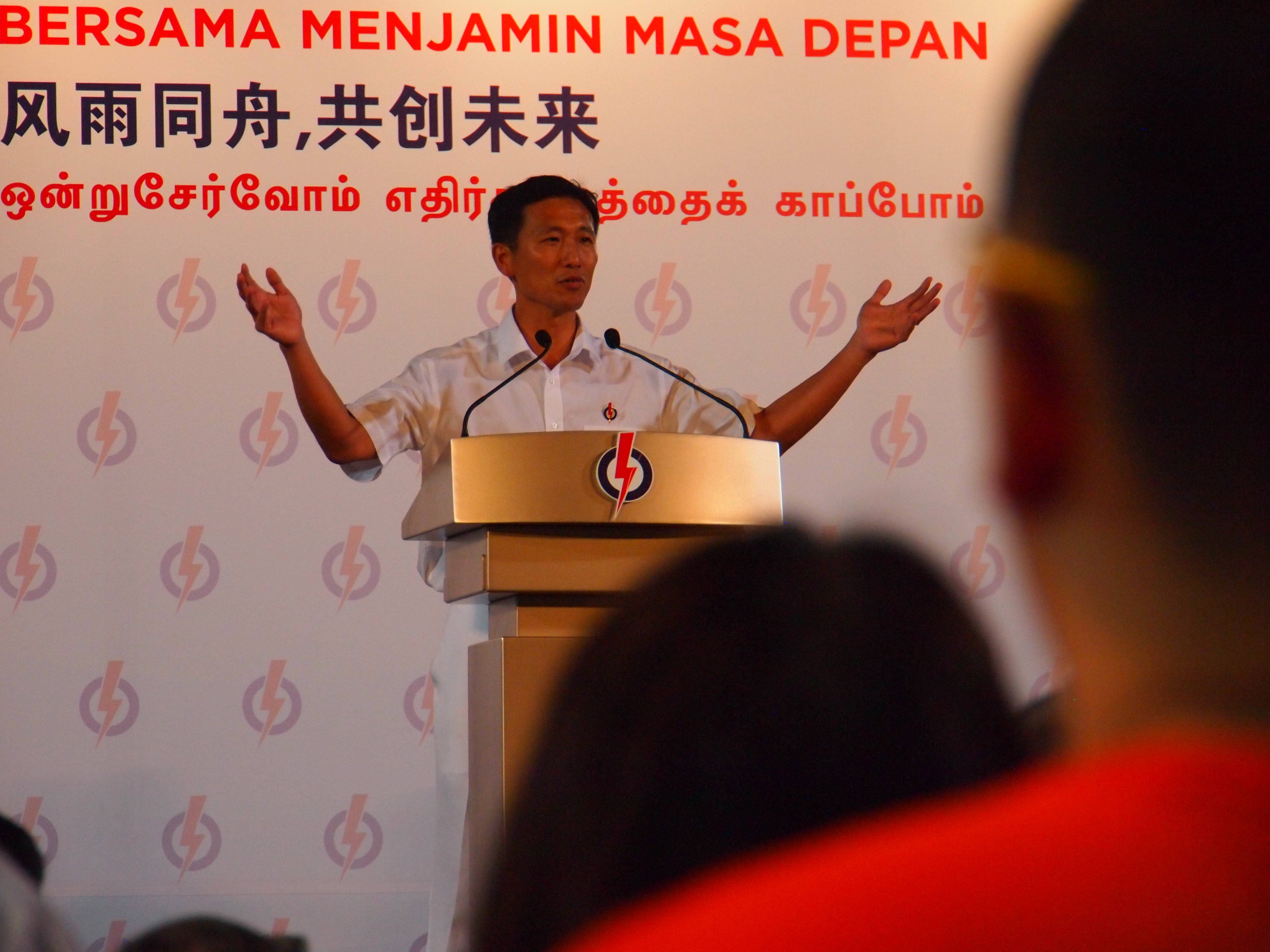
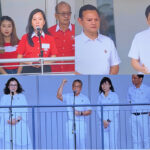
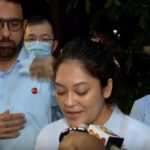
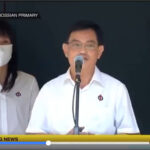

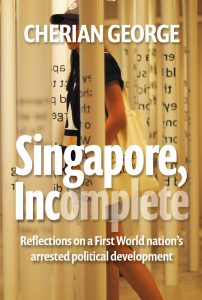
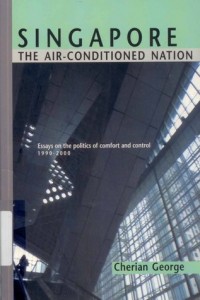
Comments are closed.